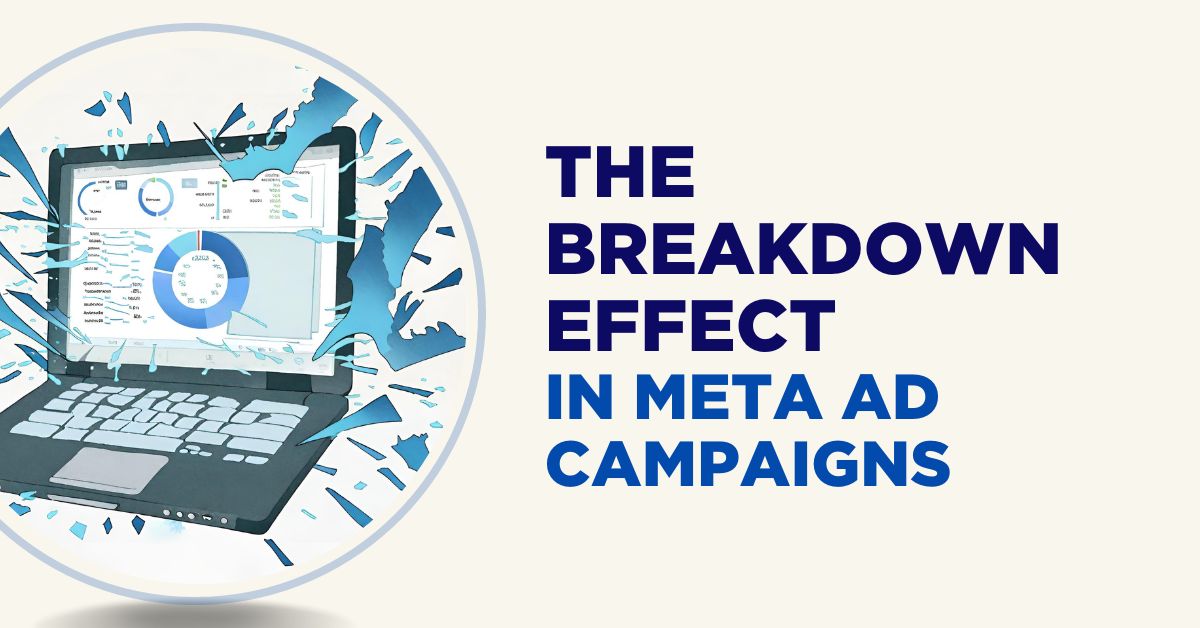In today’s digital era, advertising plays a significant role in shaping consumer behavior and brand perception. From social media platforms to billboards and television commercials, we are constantly exposed to a plethora of advertisements.
However, with the rise of technology and data-driven marketing, ethical considerations in advertising have become increasingly important.
In this article, we will explore the significance of ethics in advertising and discuss how businesses can create impactful campaigns while maintaining transparency, integrity, and social responsibility.
Defining Ethics in Advertising:
Ethics in advertising refers to the moral principles and standards that guide the conduct of businesses in their marketing communications.
It encompasses a range of considerations, including honesty, transparency, respect for consumer privacy, social responsibility, and the avoidance of discriminatory practices.
By adhering to ethical standards, businesses can build trust with their audience and establish a sustainable brand reputation.
The Importance of Transparency:
Transparency is a fundamental aspect of ethical advertising. Businesses should strive to be open and honest about their products, services, and pricing.
Clear and accurate information helps consumers make informed decisions and fosters trust in the brand.
Additionally, disclosing sponsored content and native advertising ensures that consumers are aware of any potential biases, allowing them to evaluate the content objectively.
Honesty and Truthfulness:
One of the core principles of ethical advertising is the commitment to honesty and truthfulness.
Businesses should avoid making false or misleading claims about their products or services.
Misrepresentation can lead to disappointed customers and damage the brand’s reputation.
By providing accurate information and setting realistic expectations, businesses can establish credibility and foster long-term relationships with consumers.
Respecting Consumer Privacy:
Data collection has become a common practice in advertising and digital marketing.
However, businesses must prioritize consumer privacy and obtain proper consent for collecting and using personal information.
Respecting privacy preferences, safeguarding data, and being transparent about data practices are crucial to building trust and maintaining ethical standards.
Social Responsibility:
Advertising has the power to influence societal values and shape cultural norms.
Therefore, businesses have a social responsibility to ensure their advertising efforts are aligned with ethical standards.
Promoting diversity, inclusivity, and sustainability can have a positive impact on society while also resonating with consumers who increasingly value brands that prioritize social causes.
Influencer Marketing and Disclosure:
Influencer marketing has gained significant popularity in recent years.
However, transparency is paramount when engaging with influencers.
Businesses should ensure that influencers disclose sponsored content, allowing consumers to differentiate between authentic recommendations and paid endorsements.
Transparent influencer partnerships foster trust and maintain the integrity of advertising campaigns.
Avoiding Stereotypes and Discrimination:
Ethical advertising calls for the avoidance of stereotypes and discrimination.
Businesses should challenge traditional portrayals and representations that perpetuate biases and exclusions.
Embracing diversity and inclusivity in advertising not only promotes a more equitable society but also helps brands connect with a broader audience and build positive brand associations.
Balancing Profit and Ethics:
While profitability is important for businesses, ethical considerations should not be compromised in pursuit of short-term gains.
Ethical advertising requires a careful balance between profitability and responsible marketing practices.
By considering the long-term impact of their actions and prioritizing ethical standards, businesses can establish a sustainable brand reputation and secure consumer trust.
Ethical Advertising in the Digital Space:
In the digital space, various challenges arise, such as ad fraud, clickbait, and intrusive advertising.
Advertisers must take proactive measures to combat these unethical practices.
Adopting technologies that verify ad placements, employing non-intrusive advertising formats, and focusing on delivering relevant and valuable content to consumers can help build trust in online advertising.
Conclusion:
Ethics in advertising is not just a moral obligation; it is also a strategic imperative for businesses in the digital age.
By prioritizing transparency, honesty, respect for privacy, social responsibility, and the avoidance of stereotypes, businesses can build trust, establish sustainable brand reputations, and foster long-term relationships with consumers.
The new-age consumer is increasingly conscious of ethical practices.
That’s why, ethical advertising is not only the right thing to do but also provides a competitive edge in a crowded marketplace.







